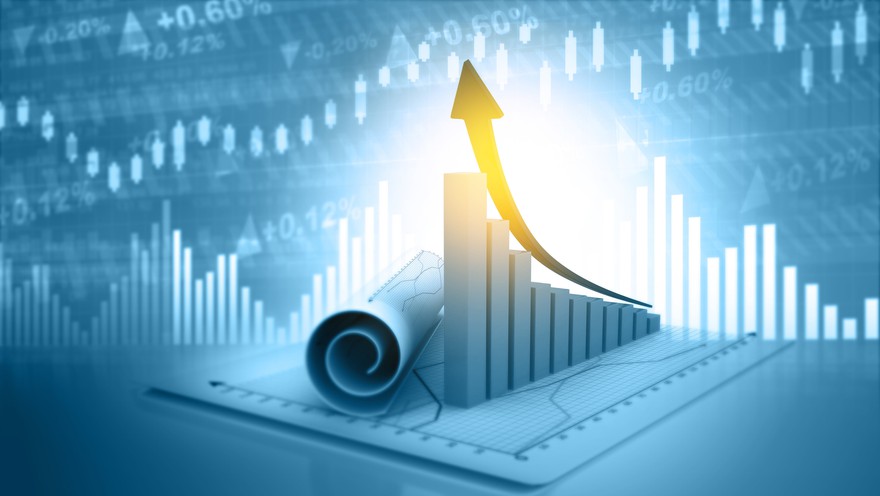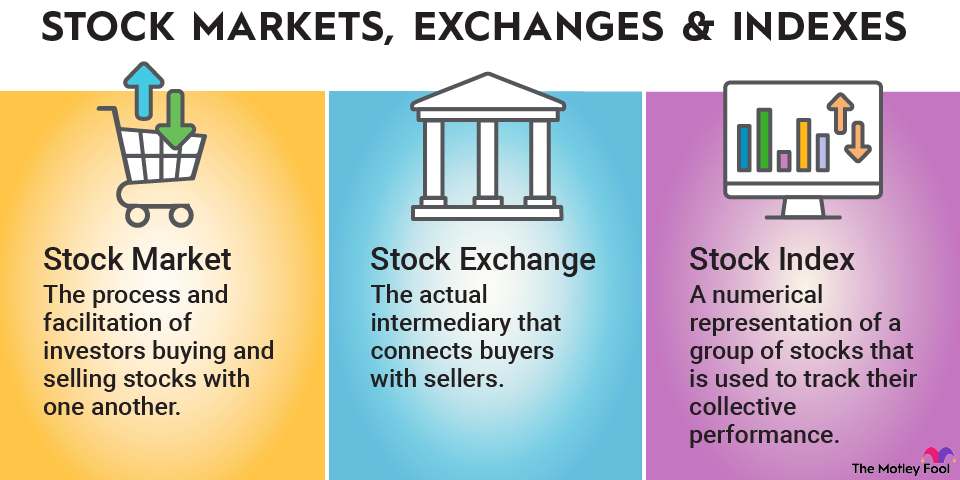
E-commerce
About the Author
Bank of America is an advertising partner of Motley Fool Money. American Express is an advertising partner of Motley Fool Money. Matt Frankel, CFP has positions in Amazon, American Express, Bank of America, Berkshire Hathaway, Block, MercadoLibre, PayPal, Realty Income, Shopify, Vanguard S&P 500 ETF, and Walt Disney and has the following options: long January 2027 $75 calls on PayPal, long January 2027 $95 calls on PayPal, short January 2027 $135 calls on PayPal, short January 2027 $170 calls on Shopify, and short January 2027 $85 calls on PayPal. The Motley Fool has positions in and recommends Airbnb, Alphabet, Amazon, Apple, Berkshire Hathaway, Block, Chevron, Costco Wholesale, CrowdStrike, Intuitive Surgical, MercadoLibre, Microsoft, NextEra Energy, PayPal, Realty Income, Shopify, Vanguard S&P 500 ETF, and Walt Disney. The Motley Fool recommends Eagle Materials, Occidental Petroleum, and WM and recommends the following options: long January 2027 $42.50 calls on PayPal, long January 2028 $520 calls on Intuitive Surgical, short January 2028 $530 calls on Intuitive Surgical, and short March 2026 $65 calls on PayPal. The Motley Fool has a disclosure policy.
















